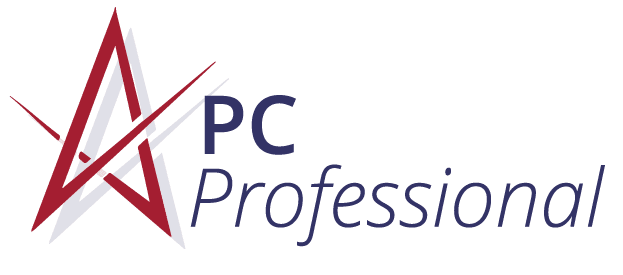Remote and hybrid work has become the new normal for small and medium-sized businesses (SMBs) in the San Francisco Bay Area, and having strong IT practices are essential for maintaining productivity, cybersecurity, and team collaboration. Whether your employees are working from home, co-working spaces, or splitting time between the office and remote locations, your business needs a modern, flexible IT strategy to stay competitive.
Here are key IT best practices and managed cloud services that Bay Area SMBs should implement to support a secure and efficient remote or hybrid workforce:
Adopt Cloud-Based Solutions
Cloud platforms like Microsoft 365, Google Workspace, and secure file-sharing services allow teams to work from anywhere without relying on traditional on-premise infrastructure. Bay Area businesses with cloud-enabled systems enjoy increased flexibility, easier collaboration, and scalable storage solutions that grow with your company.
Strengthen Endpoint Security
Each employee device becomes an entry point to your network. Use managed antivirus software, firewall protections, multi-factor authentication (MFA), and mobile device management (MDM) to ensure every laptop, phone, or tablet accessing company data is secure.
Provide Secure Remote Access
Implement secure VPNs (Virtual Private Networks) and encrypted connections to allow remote workers to safely access sensitive business systems. Zero Trust Network Access (ZTNA) is another growing security model worth exploring, especially for distributed teams.
Train Employees on Cybersecurity
With phishing attacks and social engineering on the rise, your staff should be trained regularly on how to recognize and report threats. Cybersecurity awareness training is an essential layer of protection for remote and hybrid work environments.
Standardize Collaboration Tools
To avoid confusion and data fragmentation, standardize which communication tools your team uses. Platforms like Microsoft Teams, Zoom, and Slack can improve productivity when used consistently across your organization. Make sure file sharing, chat, and video conferencing tools are integrated with your company’s cloud environment.
Backup and Disaster Recovery Planning
Data loss can be catastrophic for any business. Regularly back up files across all devices and cloud environments, and ensure your team has a disaster recovery plan in place. Partnering with a trusted Managed Service Provider (MSP) in the Bay Area can help implement an automated backup system and provide business continuity solutions.
Work With a Local IT Partner
Many SMBs in the San Francisco Bay Area turn to local IT providers like PC Professional to manage their remote work infrastructure. With over 44 years of experience, we help businesses design and implement secure, scalable IT systems tailored to hybrid work models. From 24/7 helpdesk support to proactive monitoring and cybersecurity compliance, our team ensures your workforce stays connected and protected—wherever they are.
Reach out to PC Professional for Managed Cloud Services!
The hybrid workplace is here to stay. By adopting these IT best practices and managed cloud services, Bay Area businesses can protect their data, support employee productivity, and build a resilient future. Whether you’re fully remote or operating in a hybrid model, PC Professional is here to help you navigate your IT needs.
Or call us at (510)-224-9470.

Vice President of Sales at PC Professional
U.S. Army veteran and IT consulting expert with 30+ years of experience. Leading sales and client success at PC Professional for over a decade.
About Matthew Powers:
Matthew Powers is the Vice President of Sales at PC Professional, bringing over 30 years of IT consulting experience to the role. As a U.S. Army veteran, Matthew applies his disciplined, mission-focused mindset to delivering strategic technology solutions that drive client success. For more than a decade at PC Professional, he has built lasting relationships with clients across sectors by aligning IT services with business goals, ensuring operational efficiency,

